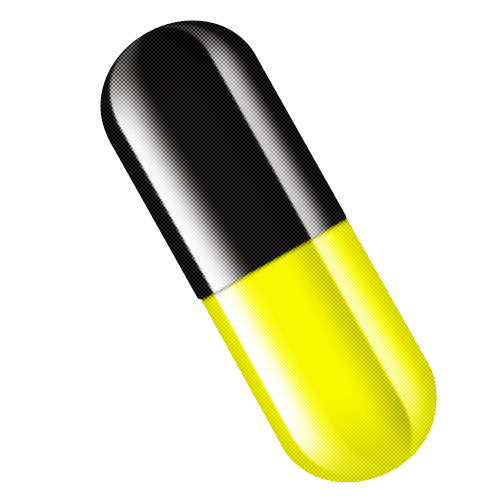Folic Acid

Pteroylglutamic Acid
Folic acid, also known as vitamin B9, is a water-soluble vitamin. It is one of the vitamin B complexes of folic acid, corresponding to pteroylglutamic acid (PGA), extracted and purified from spinach leaves by M. K. Mitchell (1941) and called folic acid.
Folic acid is a necessary substance for the human body in the use of sugar and amino acids and is necessary for the growth and reproduction of cells in the body. It helps protein metabolism, and together with vitamin B12 it stimulates the production and maturation of red blood cells, it is an irreplaceable material for the production of red blood cells, it also acts as a promoting factor for the growth of Lactobacillus casei and other microorganisms.
Folic acid is a necessary nutrient for fetal growth and development. Folic acid deficiency in pregnant women can lead to low birth weight, cleft lip and palate, and heart defects at birth. If the lack of folic acid in the first 3 months of pregnancy can cause neural tube defects in the fetus, resulting in deformity.

Folic acid plays an important role in cell division and growth and synthesis of nucleic acids, amino acids and proteins. A lack of folic acid in the human body can lead to the formation of abnormal red blood cells, an increase in immature cells, anemia and a decrease in white blood cells.
Hyperhomocysteinemia is twice as likely to be the cause of death in patients with diabetes than in healthy individuals. An increased value of homocysteine is a very common phenomenon in people with diabetes, and folic acid is considered one of the main factors controlling the concentration of homocysteine in the plasma.
Folic acid supplementation (FAS) can significantly reduce homocysteine levels and therefore reduce cardiovascular risk in patients with type 2 diabetes.
References
- Plasma homocysteine and all-cause mortality in diabetes. Lancet. 1999
- Plasma homocysteine levels are associated with ulceration of the foot in patients with type 2 diabetes mellitus. Diabetes Metab Res Rev. 2010
- Tian T, Yang KQ, Cui JG, Zhou LL, Zhou XL (October 2017). “Folic Acid Supplementation for Stroke Prevention in Patients With Cardiovascular Disease”. Am. J. Med. Sci. 354 (4): 379–387.
- Folate – Fact Sheet for Health Professionals Office of Dietary Supplements, US National Institutes of Health. 29. March 2021. Retrieved 29. April 2022.
- Welch AD (1983). “Folic acid: discovery and the exciting first decade”. Perspect. Biol. Med. 27
